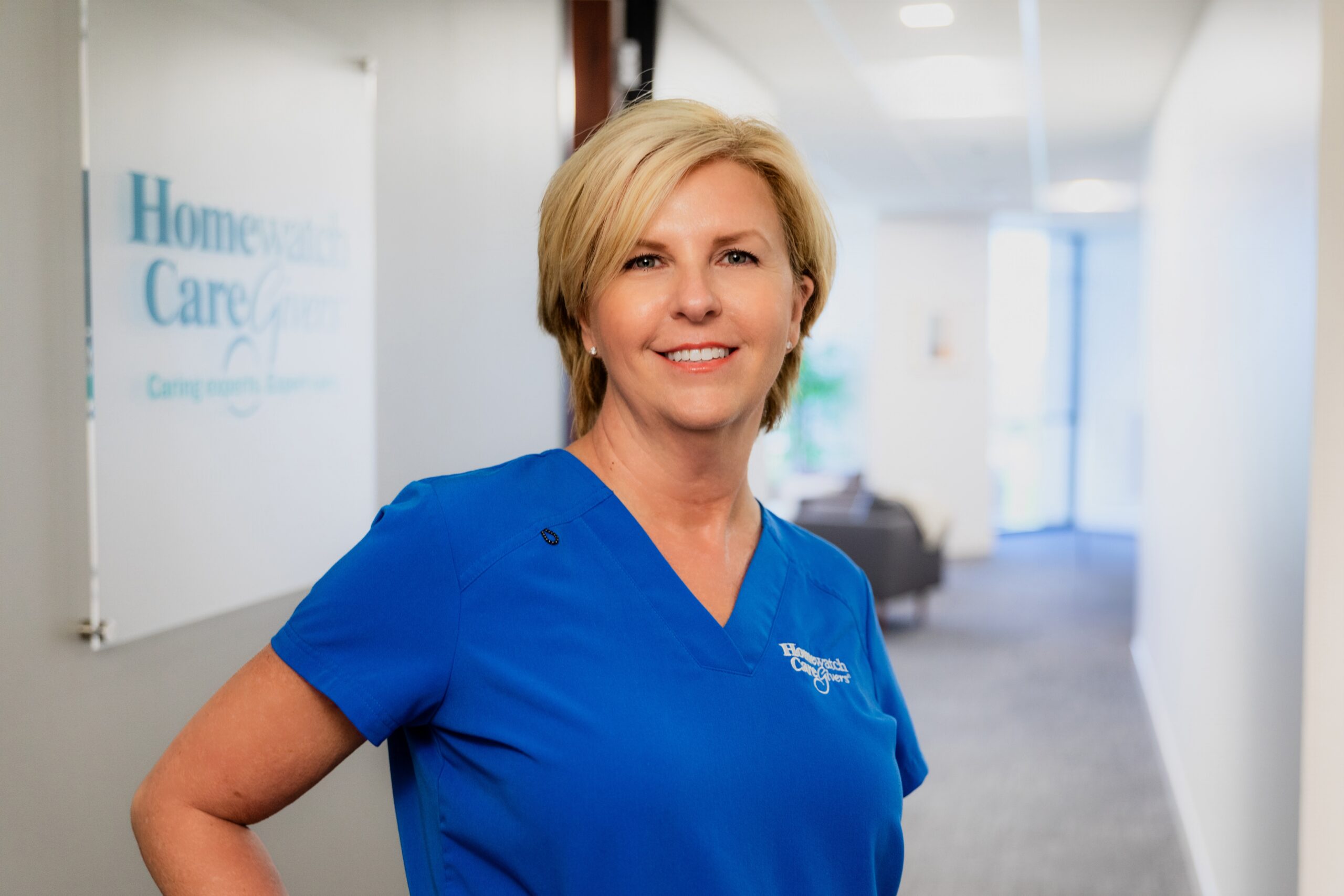Download the Build a Caregiving Business Brochure

5 Facts About Senior Care Industry
December 8, 2021
Many professionals join the senior care industry without much knowledge of its innerworkings. For most home care specialists, the drive to enter this robust industry comes from a desire to help others and make a difference for our oldest loved ones.
Similarly, senior care franchisees are spurred to become business owners in this specific sector because they:
- Want to positively affect as many families as possible
- Help seniors live independently (with some extra assistance)
- Create jobs for the community
When you join any career field, it’s essential to understand a little more about it before you can truly immerse yourself.
The team at Homewatch CareGivers® wants to drop a few facts to help prospective franchisees acclimate successfully.
Fact #1: The industry currently serves 15 million clients.
Over the last decade, the number of individuals the home care industry serves has grown exponentially. According to a report by the National Association of Home Care & Hospice (NAHC), approximately 12 million people received home care services in 2010. These stats also signal that people are living longer and (relatively) healthier lifestyles.
Franchising Effects
15 million clients bode well for entrepreneurs excited about a senior care franchise opportunity. With significant demand for medical and non-medical care services, prospective franchise operators have an abundance of clients to support. Increased need for skilled workers also means a chance to create jobs and help with retention rates in the industry that have been primarily sluggish the last several years.
Fact #2: Approximately 70% of seniors utilize home care services.
If you do the math (don’t worry, we’ve done the work for you), 70% of seniors benefiting from home care services roughly translates to around 15 million people, as we mentioned above. And of those seeking home care solutions, the most common medical conditions are diabetes, cerebrovascular diseases (such as a stroke), and heart disease.
Franchising Effects
The need for senior care franchisees increases as 10,000 Americans turn 65 every day. By this rate, that number will have doubled in the next decade and continue to rise. Not only does the growing number of aging individuals help with demand, but so does the desire to age in place. This means that the elderly population will forgo assisted living facilities to remain at home and receive medical or non-medical care. Simply put, franchise operators are primed for an influx of new clients to serve long-term.
Fact #3: At least 80% of seniors over 60 years old choose to live independently.
Aging in place is a right that all seniors have. And while many choose a care facility, it doesn’t negate the importance of independent living. In fact, 80% of individuals aged 60 option to live autonomously. Some reasons seniors choose this alternative include:
- Fear of inadequate care at a live-in facility or community
- Concerns over a loss of self-sufficiency
- No desire to move away from familiar surroundings or people
- Worry they’ll lose touch with friends and family
Franchising Effects
While physical and mental ailments can sometimes make it challenging to live independently, in-home care franchisees have the training and knowledge to provide more than sufficient care in the comfort of home. Having home care franchise locations close by helps eliminate potential fears about leaving home or sacrificing familial ties and personal connections.
Fact #4: Home health’s turnover rate was over 22% in 2020.
In 2020, home health turnover was 22.18%, according to the Home Care Salary & Benefits Report published by NAHC. Home care aides reportedly have the worst turnover rates at 36.53%, which is an alarming contrast from 2019’s turnover rate of 25.36%.
Franchising Effects
While these statistics look a bit bleak for the in-home care sector, as a prospective franchise owner, you have to understand that every career field will have its ebb and flow. It’s also important to note that just because turnover is at an all-time high doesn’t mean your senior care franchise will experience the same recruiting challenges.
As a wholly independent home care franchise location, you will be the master of your own fate, guiding your team through the ups and downs of business ownership. As a result, you can avoid the pitfalls of employee retention by increasing overall satisfaction. Some ways to do this include:
- Commensurate salaries
- Consistent feedback
- Continued learning and education opportunities
Fact #5: The senior population will be around 72 million by 2030.
Between 1946 and 1964, the population had a major “boom.” This generation, affectionately called “Baby Boomers,” will be turning 65 every day for the next two decades! That means, with tens of thousands of individuals aging daily, 72 million people will be ready for in-home care services by 2030. What’s more, revenue for our industry is estimated to reach $515.6 billion, according to Grand View Research.
Franchising Effects
Obviously, a more extensive client base means higher demand for home care services globally. For potential franchisees, you’re looking at a prime opportunity over the next 20 years to serve a diverse and robust population in need of home care services.
Homewatch CareGivers is Facing the Facts
Facts don’t lie. And the truth is prospective franchise operators interested in the in-home care industry are looking at ample opportunities to learn, grow, and be an influential part of our robust community. Homewatch CareGivers is a trusted brand with decades of experience and a proven business model that has allowed franchisees in training to become seasoned franchise veterans paving the way for others.
If you’re as excited about the future of our industry as we are and are ready to take advantage of a franchise opportunity with us, fill out our form online or call us at (888) 718-5318 to get started.
Recent News

From Growth to Impact: Homewatch CareGivers’ 2025 Milestones and 2026 Outlook
February 20, 2026

How to Start an In-Home Care Business: A Step-by-Step Guide
October 7, 2025

What to Expect as a Home Care Franchise Owner
May 6, 2025

5 Things to Know Before Starting a Home Care Franchise in 2025
April 1, 2025

Why Corporate Professionals Are Investing in Senior Care Franchises
April 1, 2025

Todd Houghton Named to 2025 Titan 100 – Celebrating Leadership in Home Care
March 21, 2025

















